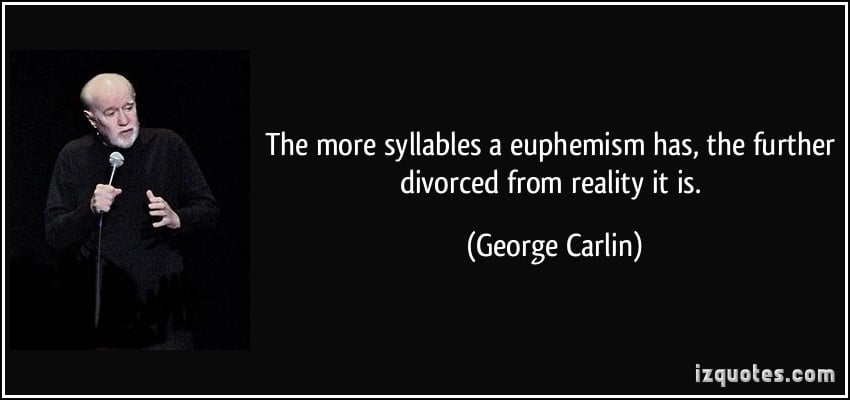sales interview
-
I Admit it – Why Words in Selling Really Are Important
- October 5, 2016
- Posted by: Dave Kurlan
- Category: Understanding the Sales Force

When it comes to words, there was probably nobody more clever than the comedic genius George Carlin. The video below is the funniest and best example of his use of words. Watch that and then we’ll talk about how the same premise applies to sales.
-
Sales Assessment Findings – Interview is Another Preview of Performance
- October 3, 2012
- Posted by: Dave Kurlan
- Category: Understanding the Sales Force
when his clients didn’t care for a candidate who was recommended by our Sales Candidate Assessment, he was able to correlate his client’s perception to a single finding: Won’t Develop Relationships Quickly.
-
After Accepting the Sales Job Will the Salesperson Back Out?
- January 17, 2012
- Posted by: Dave Kurlan
- Category: Understanding the Sales Force
Did a sales candidate ever accept your job offer only to back out prior to the agreed upon start date because the individual decided to stay with the current employer?
This happened to a client and it had a tremendous ripple effect.
-
The Sales Interview – When One Candidate is Actually Two?
- September 30, 2011
- Posted by: Dave Kurlan
- Category: Understanding the Sales Force
You can overlook what you like and discount the candidate.
You can overlook what you don’t like and hire the candidate – a compromise.
Or you can play best 2 out of 3.
-
Don’t Make Assumptions About Sales Candidates
- March 31, 2009
- Posted by: Dave Kurlan
- Category: Understanding the Sales Force
I have previously shared many instances of sales candidate assessments coming to life with their email, voice mails and interview antics following the taking of our assessment. While the following email is another example of that, it is an even better example of what happens when a skeptical client finally realizes it:
The client wrote:

